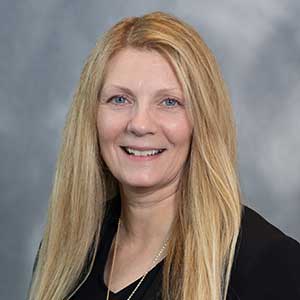California Association of Health Plans (CAHP) Seminar
Driving Healthcare Equity
At CAHP, healthcare payers and providers can enhance their understanding of how inequities are measured and addressed within the system, identify strategies targeting root causes of health disparities and examine successful initiatives across the market, obtain insights from industry experts, and stay informed about important updates regarding state and federal policies and program implementation.
Speaking Engagement
Title: Data and Tools to Improve Health Equity
Date: May 14, 2024
Time: 9:45 a.m.
Location: Los Angeles Marriott Burbank Airport, 2500 North Hollywood Way, Burbank, CA 91505

Speaker:

Senior Director, Government Programs, ZeOmega
Overview: State and federal regulators and the healthcare industry are developing policies and organizational shifts to achieve more equitable healthcare access. Effectively leveraging tools and to track and measure key indicators on utilization and outcomes allows organizations to evaluate data on health disparities and can help organizations make informed decisions to improve care for underserved populations. Learning how to capture and share data between internal and external partners is crucial for addressing access to equitable care and understanding the impact of health-related social needs (HRSNs). Technology and systems that can simplify referrals, improve care coordination, close gaps in care, reduce redundancy, and enable better allocation of valuable resources can help organizations deliver the highest standard of care and reduce inequities the system. Utilizing a robust system, organizations can easily capture important health-related social needs, referrals, clinical data, and assess fiscal impacts. Access to this data allows care teams to evaluate the impact and provide tangible improvements over time, ensuring all members receive the best possible care. Tools that allow an organization to manipulate the data and see details at the population, community, family, and member level can facilitate a deeper understanding of the population’s health and social needs and the barriers they may face. This type of close- loop referral data provides actionable information that will allow plans to drive performance improvement, implement policy changes, and impact quality and wellness.